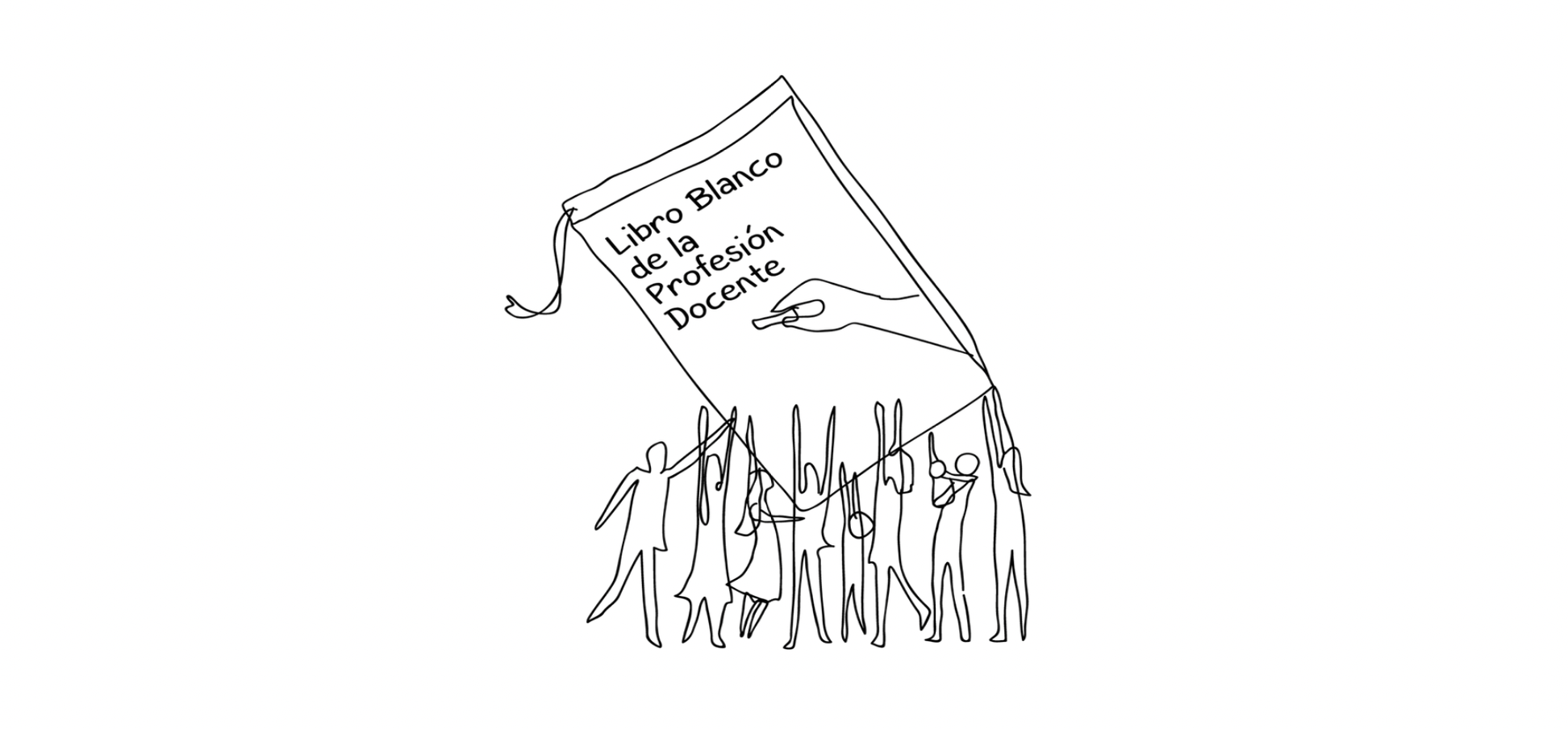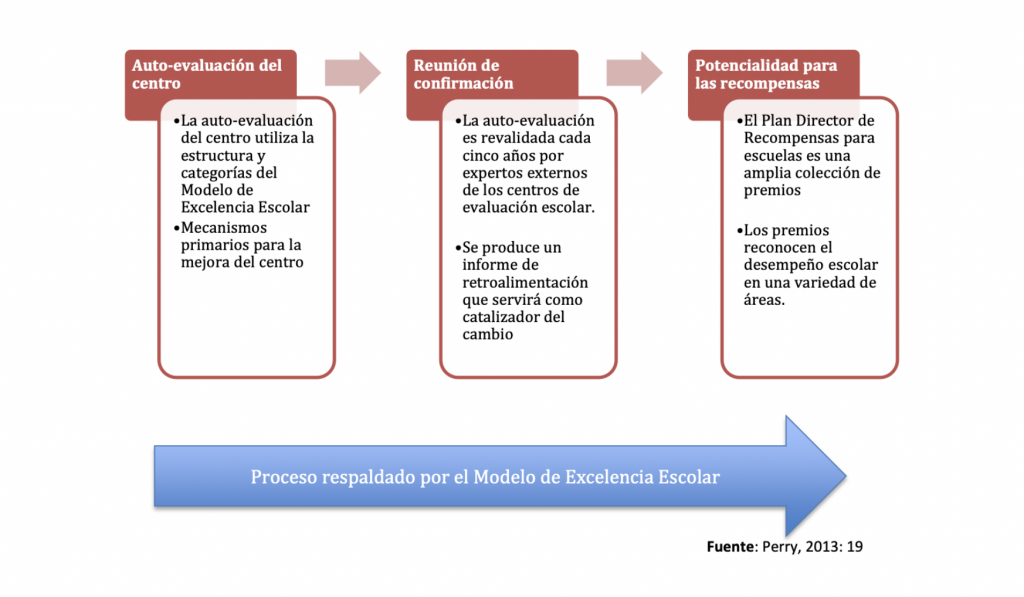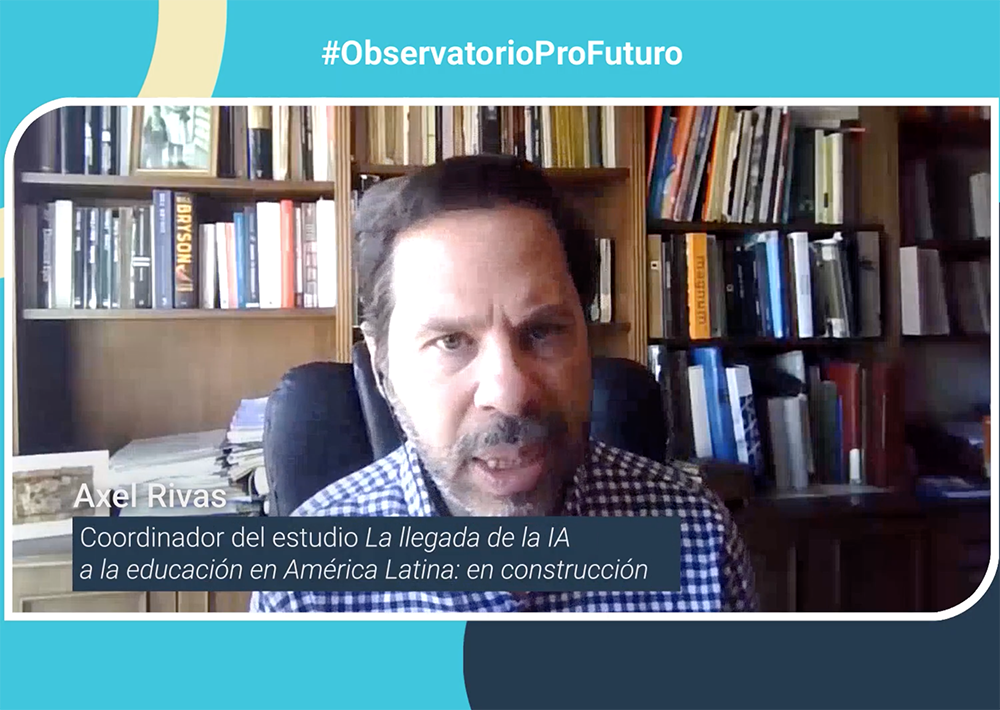The White Paper on the Teaching Profession is a project created under the auspices of the Ministry of Education, Culture and Sport. The main purpose of this document is to improve the education system, presenting the work of teachers and submitting new proposals for teaching and learning. It was compiled and written by José Antonio Marina, Carmen Pellicer and Jesús Manso. This guide for teachers was published in December 2015. Structurally, the book is divided into three broad sections: transforming the educational environment, the teaching profession and managing change in education.
Transforming the educational environment means attracting the right people to teach. All countries’ education systems aspire to have a team of trained professionals who are passionate about the profession. The role of the teacher is key to achieving quality education. The goal is to achieve educational success, and in this work, schools are among the main pillars, and teachers fulfil one of the pivotal roles in the proper functioning of schools. The quality of the teaching staff correlates directly to the success of a school.
The White Paper presents the following proposals for transforming schools and the system:
- To consolidate inclusive schools that nurture the talent of each student. This will only be achieved if teachers work as a team, interacting with the rest of the members of the school, and in cooperation with the families.
- Starting this work from pre-school levels and maintaining it throughout the educational journey.
- Engaging families in the school environment and highlighting the strengthening and nurturing of the school as an essential educational agent.
- Considering the following as key actors in school activity:
- Teachers in the classroom
- Principals
- Guidance departments
- In-service teacher training providers
- Educational inspection
- Setting up State Teaching Council in charge of:
- Studying and implementing educational innovation systems.
- Improving practices applied in the education system, identifying the best teachers.
- Providing advice to teacher training centres.
- Setting up a centre of research into curricular and didactic changes bearing in mind the new scenarios posed by ICT.
The second structural section discussed is the teaching profession. In order to attract the best teachers to the Spanish education system, the authors of this white paper stress that the following measures must be taken:
- Emphasise that teaching is a vocation, underscore the importance of teachers’ work for achieving social progress.
- Raise the prestige of the profession. Awaken teachers’ pride, by recognising and supporting their daily work.
- Improve working conditions. Teachers’ salaries in Spain are very similar to those in other European countries. It has been observed that in Spain the main problem is not related to salaries but rather to the conditions under which they exercise their profession. Teachers are subject to demands that they cannot meet, leading them to feel discouraged.
- Tackle teachers’ discontent. This requires a teacher training plan, including emotional education, to increase teachers’ skills and ability to deal with problems. Furthermore, to improve and encourage teamwork, teachers must stop feeling alone.
- Designing the teaching profession. The White Paper sets out a proposal for a career in teaching in its various forms, and for creating a comprehensive model of the profession.
In order to achieve all the objectives established and improve the quality of education, new roles must be introduced in schools:
- Social educators. These profiles should be incorporated into primary and secondary schools, to perform the following duties:
- Identify educational needs associated with risk situations.
- Create favourable educational situations.
- Prevent school dropouts.
- Mediate in conflicts in and out of school.
- Draw up and implement a Coexistence Plan for schools.
- Provide academic and professional guidance.
- Coordinate with families and the school community.
- The role has emerged of manager of school libraries, a space created to encourage reading. This person should collaborate with the other teachers in developing reading programmes for primary schools.
- Experts in information and communication technologies (ICT). There is a need for teachers trained in ICT for education. Teachers who can design and implement technology-based learning sequences.
This proposal for the design of the teaching profession also requires a proposal for measuring impact and success. Teachers’ work should be assessed, enabling the quality of education to be measured. This is why, according to the OECD, four assessments are necessary:
- Education system assessment. Assessing the system at a global level, including national programmes and policies.
- School assessment. School self-assessment (internal) and external assessment.
- Teacher assessment. There are different ways to do this: a trial period, training assessment, performance assessment, etc.
- Student assessment. Measuring students’ progress and evaluating how learning is taking place by identifying aspects for further improvement and work.
The third and final part of this document discusses how to manage change in education. A change that must be undertaken by teachers. And for this to happen, the processes of change must be understood. Therefore, the educational authorities must:
- Propose an improvement plan with specific objectives and a fixed deadline.
- Ensure that teachers understand what their main task is during the process of change.
- Facilitate teacher training.
- Prepare projects to transform schools.
- Review and adapt the educational curriculum.
- Change teaching-learning methodologies in the classroom.
- Learn to assess.
- Identify the strengths of each school and develop related strategies that make it possible to implement them on a day-to-day basis.
- Establish personalisation procedures that achieve inclusion.
- Provide training for families.
- Strengthen networking.
Note that these changes have been fostered by the inclusion of ICT in the school environment. ICT unleashed a new educational scenario, helped the emergence of new methodologies (classical pedagogical postulates) in the teaching and learning processes, as well as posing new challenges for teachers. Teacher training has emerged as a key factor in tackling the new situation at schools. The aim of all the above is to achieve quality education in which the classroom works as the laboratory in which change takes place.
Finally, the White Paper on the Teaching Profession might be described as a code of ethics on best practices in exercising the profession. Updating, transforming teaching methodologies and procedures in schools and reshaping the teaching profession and its environment are some of the points on which this publication focuses.
Consult the proposal in detail here:
Are you involved in any initiative that aims to ensure learning continuity during the global Covid-19 crisis? Share your initiative HERE!








